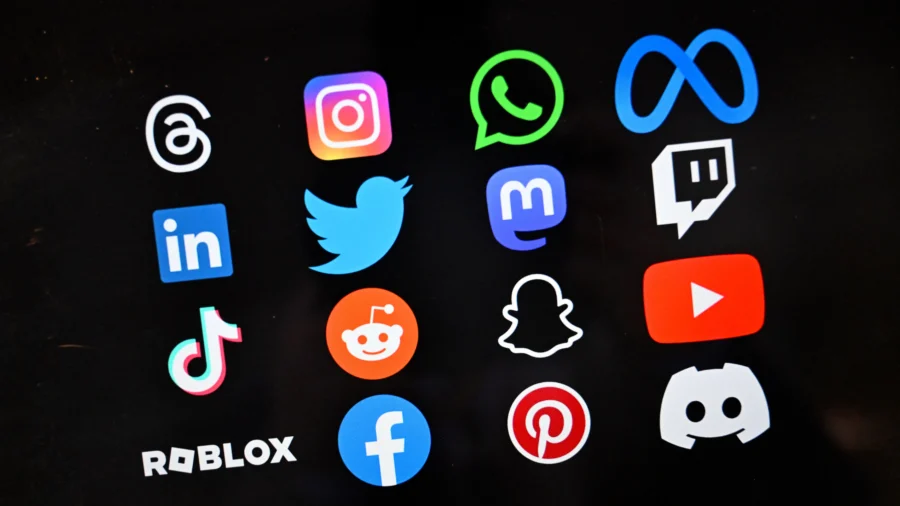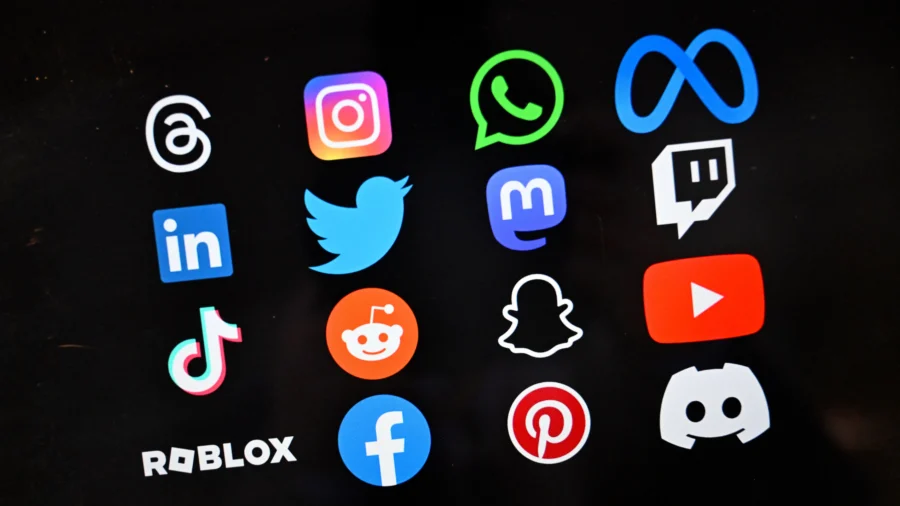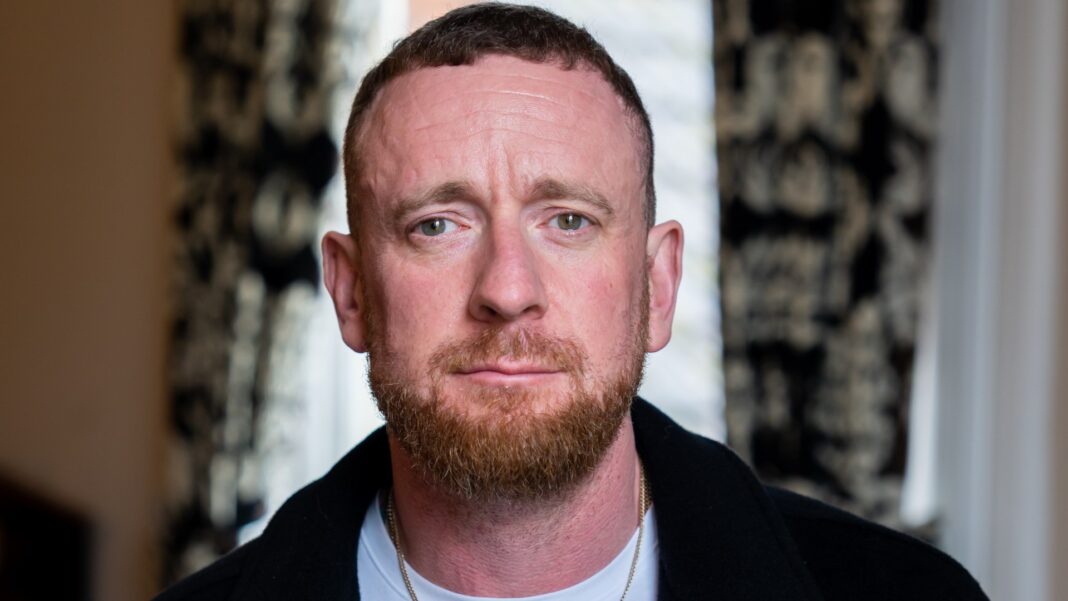
The legislation, approved in May, amends the state’s Consumer Data Protection Act and targets what lawmakers describe as addictive digital behavior among children.
The final version of the law defines a minor as anyone under the age of 16. Social media companies will be required to use “commercially reasonable methods,” like a “neutral age-screening mechanism,” to figure out if a user is a minor. If a device setting or browser plugin signals that a user is underage, platforms must treat them as a minor. Any data collected solely to determine age can’t be used for anything else, the law stated.
While the law sets a default limit of 60 minutes of daily use for minors on each app or site, parents can opt to adjust that limit, up or down, by providing verifiable consent. However, the law states that platforms don’t have to give parents special access to a child’s account or personal data.
Platforms also won’t be allowed to punish users who hit their time limit by degrading service quality, raising prices, or cutting off features. At the same time, the law does allow platforms to offer different terms to minors when those changes are “reasonably related” to complying with the law.
The law also lays out a specific definition of what counts as a “social media platform.” It includes “public or semipublic internet-based apps” used in Virginia that allow users to create profiles, build friend lists, and post content that others can see. It doesn’t apply to platforms focused solely on email, messaging, news, sports, entertainment, or curated content where interactivity is minimal. Gaming platforms are also excluded.


